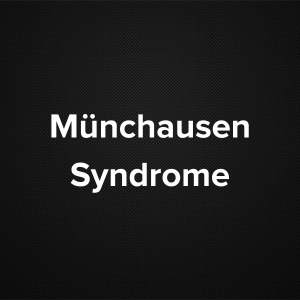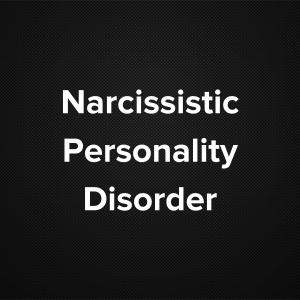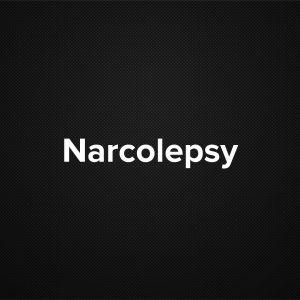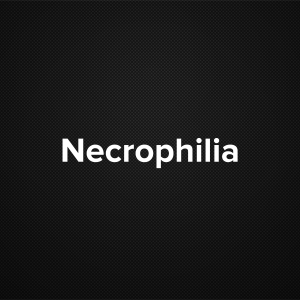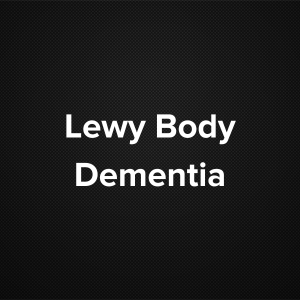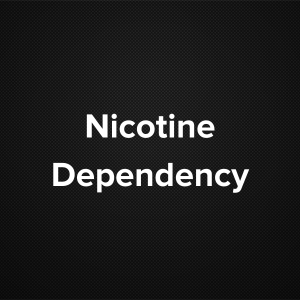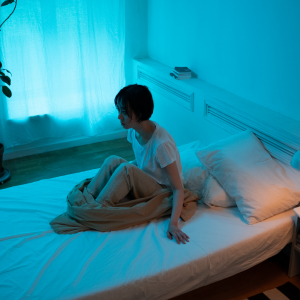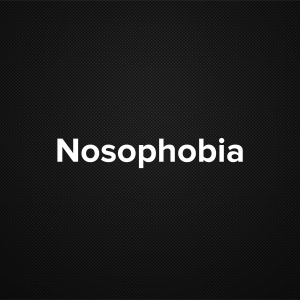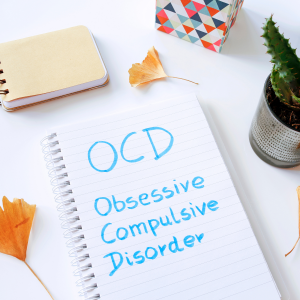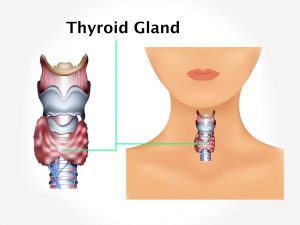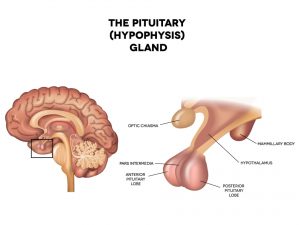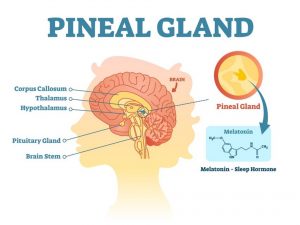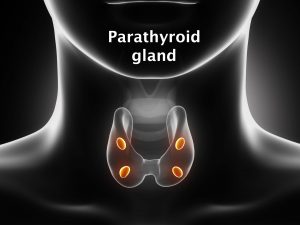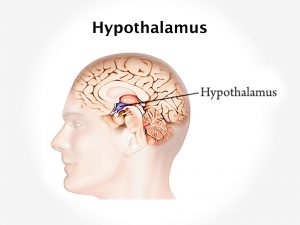Causes and risk factors
The exact cause of autism is still not clear however the recent researches have shown that there is unusual functioning of the central nervous system particularly in the hippocampus and amaygdala. Theories have been postulated the high levels of serotonin in early developmental stages cross the brain barriers and cause loss of serotonin terminals. Genetic predisposition is also an important factor.
Controversy still persists on whether MMR vaccine cases autism or not in certain prone individuals. Certain risk factors also persist like increased age of parents, Diabetes during gestation, Use of drugs for treatment of psychological affections, Stress during pregnancy or during lactation, viral infection and Lead or mercurial poisoning.
Clinical features
The symptoms develop gradually. They are evident after the age of six months and become prominent by the age of 2 years. The autistic individuals may show variable symptoms like Repetition of words and phrases, Difficulty in recognizing and understanding feelings, Difficulty in comprehending along with less or excessive sensations to external stimuli. Repetitive behavior, lack of eye contact, delayed development of fine and gross motor movements and lack of communication are the other symptoms seen. These children faces difficulty in adjusting any changes made in routine, they do not respond to the talks or any question posed. These kids generally lack understanding of any emotions and prefer to remain aloof. They do not like to be touched or cuddled. Lack in expressing emotions is also seen. In complicated cases the child can suffer from seizures, mental retardation and tuberous sclerosis.
Investigations
Diagnosis can be made on the basis of the symptoms narrated by the patients and on the basis of complete psychiatric evaluation. Reviewing of the history is the most essential step. All the details are obtained from the family and friends. Close observation in such cases is essential. Investigations can be advised in cases where the doctor suspects any pathology. CT scan of the brain may show changes in hippocampus and amaygdala
Treatment:
Parentel counseling is foremost essential. As autism is a lifelong disease hence the intervention aims to help the patient to improve one’s potentials.
The following measures can be adopted like development of a regular routine, Class room training, Speech therapy, Sign language teaching and encouraging the patient for communication. Medications can be started if there persist any additional problems like depression, anxiety, hyperactivity etc.
Other modes of treatment:
The other modes of treatment can also be effective in treating depression. Homoeopathy is a science which deals with individualization considers a person in a holistic way. This science can be helpful in combating the symptoms.
Recent update:
According to researchers at The University of Texas Health Science Center at Houston (UTHealth) children of fathers who are in technical occupations are more likely to have an autism spectrum disorder.

